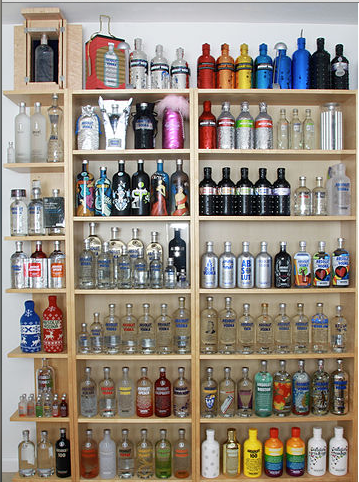Letter to the Editor: Understanding alcohol abuse in women

As a society we strive towards gender equality in all aspects of life, from work to home environments, and lately, even in cases where equality is detrimental to health. It has become more apparent that the gap in the levels of alcohol use, especially binge drinking, between men and women has been narrowing. Unfortunately, the narrowing gap is contributing to alcohol-related deaths, chronic diseases and mental health issues.
Excessive alcohol use is more frequent in the 18-24 age group, but studies show that excessive alcohol consumption for women in their 30s and 40s is also common. Whether it’s becoming a coping mechanism for a hectic family life or stressful job, which may lead to an after-work drinking habit, women are increasingly becoming affected by alcohol consumption and the consequences are often complex and dire.
Alcohol products are increasingly designed to appeal to women, which is leading to an increase in usage across the country and the world. A recent study in the UK links a rise in alcohol-related deaths in women to, “the late night drinking culture, following the easing of licensing laws, together with cheap drink – especially wine – play a big part, they say, as does industry marketing and promotion.”
